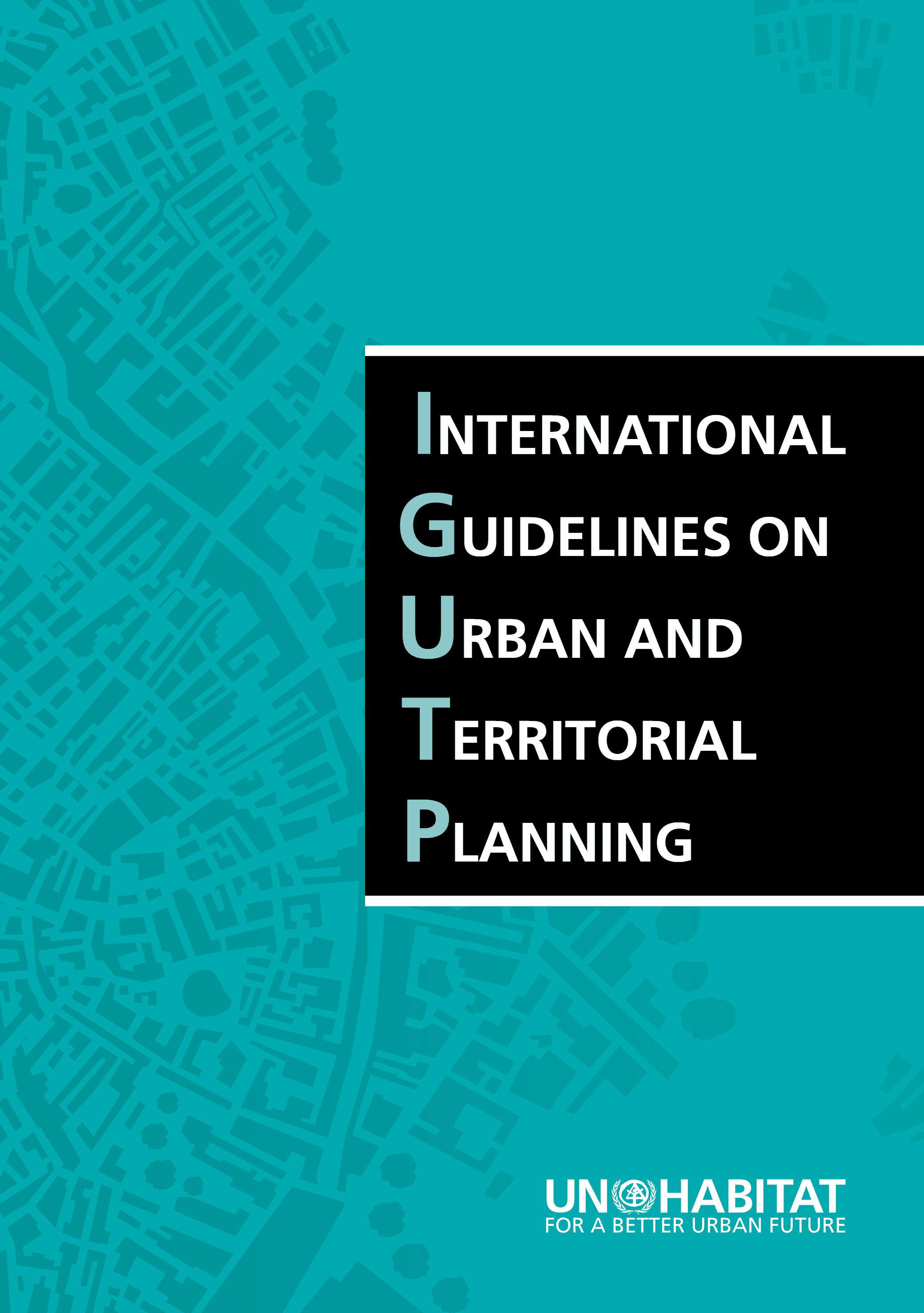- Who We Are
- How We Work
- Regional / Country Initiatives
- Legacy
- Core Themes
- Working Groups
- Portfolio & Results
- Newsroom
- Resources
Guidelines on Urban and Territorial Planning

International Guidelines on Urban and Territorial Planning
The need for planning cannot be over-emphasized. Urbanization is progressing rapidly and by 2050, seven out of ten people will be living in cities. Inappropriate policies, plans and designs have led to inadequate spatial distribution of people and activities, resulting in proliferation of slums, congestion, poor access to basic services, environmental degradation, and social inequity and segregation.
The International Guidelines on Urban and Territorial Planning serve both as a source of inspiration and a compass for decision makers and urban professionals when reviewing urban and territorial planning systems. The Guidelines provide national governments, local authorities, civil society organizations and planning professionals with a global reference framework that promotes more compact, socially inclusive, better integrated and connected cities and territories that foster sustainable urban development and are resilient to climate change.
The International Guidelines on Urban and Territorial Planning include twelve key principles and a series of action-oriented recommendations that are based on strong evidence, inspiring practices and lessons learnt from various regions and contexts. The Guidelines emphasize the need for an integrated approach to planning and cover areas of urban policy and governance, sustainable urban development, planning components as well as implementation and monitoring mechanisms.


